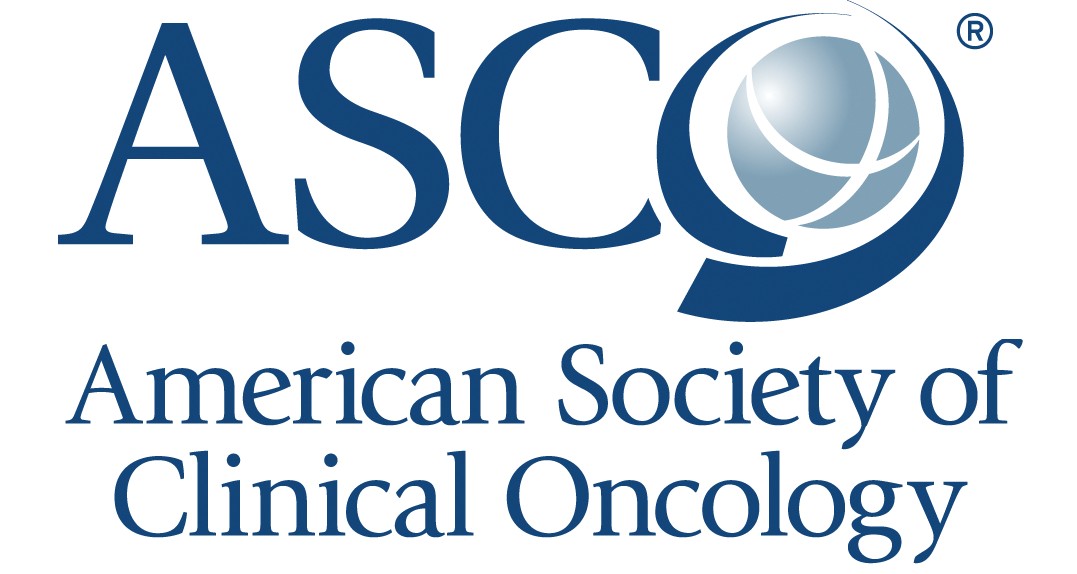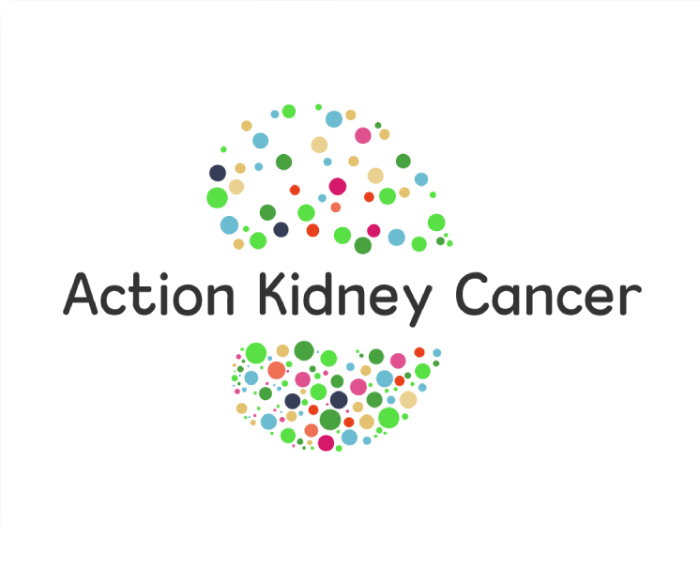Share this Page:
Patients with advanced cancer want to live a good quality life for as long as possible. It is, therefore, very important to balance survival with quality of life for patients with advanced cancer. This study was presented at the American Society of Clinical Oncology (ASCO) Annual Meeting in Chicago, USA earlier this month. The study looks at the relevance of the questions on various quality of life questionnaires for kidney cancer patients.
Patients diagnosed with kidney cancer were asked to rate the relevance of each question in several quality-of-life questionnaires used for cancer patients (the FKSI-19, EORTC QLQ-C30, and EQ-5D). Patients were also asked 2 questions on topics not covered by the questionnaires. They were also asked about their views on wearable devices to assess health-related quality of life. The results were assessed by 2 independent reviewers.
A total of 116 patients with kidney cancer were recruited from Brazil and the USA. Most (69%) were male, and the average age was 64. 83% were diagnosed with advanced kidney cancer, and three quarters had received immunotherapy and/or targeted therapy as their first anti-cancer treatment. Few of the questions in all the questionnaires were considered meaningful to the patients. Those considered meaningful were questions about lack of energy, fatigue, appetite, sleep, worry, ability to work, enjoyment and quality of life, and overall health. Patients suggested including questions about treatment side effects, emotional symptoms, physical function, social/family support, and financial distress. 58% of patients were open to using wearable devices to assess health-related quality of life.
This study confirms that health-related quality of life questionnaires for kidney cancer patients need major changes. The findings from this study will be used to help develop a new kidney cancer health-related quality of life questionnaire in collaboration with patients.














